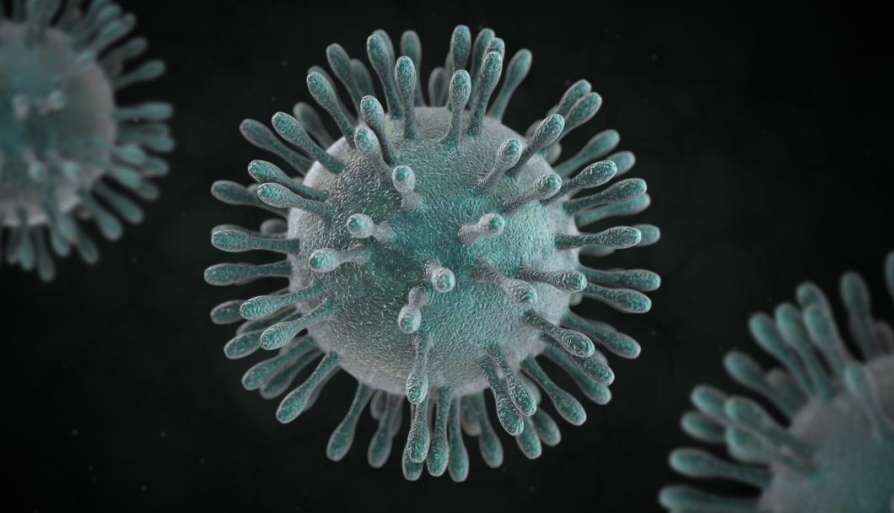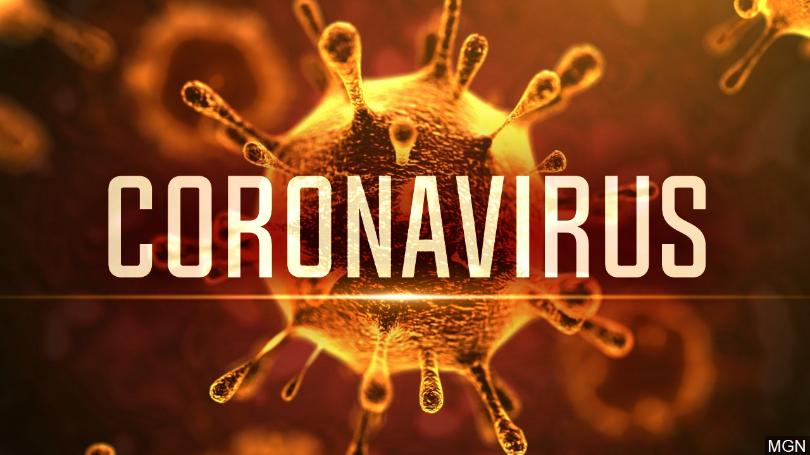
A new report by the UN drug and crimes agency warns that the Covid-19 pandemic could also be contributing to a rise in the trafficking of persons.
The Trafficking in Persons Report released on Tuesday says poverty arising from lost jobs or other economic opportunities has, over the last one year, increased the pool of people most vulnerable to being trafficked.
“Millions of women, children and men worldwide are out of work, out of school and without social support in the continuing Covid-19 crisis, leaving them at greater risk of human trafficking.
“We need targeted action to stop criminal traffickers from taking advantage of the pandemic to exploit the vulnerable,” said UNODC Executive Director Ghada Waly said on Tuesday.
The warnings came even as the same document suggests countries, especially in the Sub-Saharan Africa region, had their agencies working hard, detecting trafficking incidents mostly before the victims crossed borders.
According to an analysis in the 2020 Trafficking in Persons Report by the UN Office on Drugs and Crime, an assessment of sub-Saharan African countries including Kenya, Uganda and Ethiopia showed that there had been fewer incidents of domestic trafficking. But 75 per cent of incidents detected involved victims destined to neighbouring countries, even though the police, immigration and other security agencies often foiled them on home soil.
Children, trafficked for sexual exploitation, forced labour and begging, constituted 30 per cent of all incidents observed in sub-Saharan Africa. This was also the time most countries on the continent shut down schools to control the pandemic.
In East Africa, seven in every 10 traffickers arrested were male and most of them were arrested on home soil as they plotted to export the victims.
This data could indicate that regional agencies were working hard to curb trafficking.
However, the data also shows the number of children trafficked more than doubled to 30 per cent in two years. Globally, data on women trafficking victims fell to 50 per cent from 70 in 2018, but in sub-Sahara Africa, women and children constituted 86 per cent of trafficked victims. Ethiopia has more than half of its children involved in child labour, alongside Chad, Benin, Niger, Mali, Cameroon and Sierra Leone.
Researchers at the UN agency based in Vienna, Austria, say they assessed trends over the last one year globally and found that traffickers target the marginalised or people in difficult circumstances such as being in urgent need of employment or having invalid immigration papers. These conditions, the report says, are likely to worsen as the pandemic continues.
The data emerged from an assessment of 233 court cases involving human trafficking. And victims, most of who had either been rescued or detected travelling to their destinations, indicated they had been forced into the horrid trafficking to meet their basic needs.
“The Covid-19 pandemic will further amplify socio-economic inequalities, increasing the pool of potential victims,” says the biennial document published on Tuesday.
The pandemic has not just curtailed people’s access to economic opportunities. The UN says prosecution of those involved has had to be delayed, effectively denying victims their justice.
“The Covid-19 pandemic may have a negative impact on the provision of timely and fair legal proceedings, contribute to case backlogs and limit the legal services provided to victims of trafficking.”
Though the report does not give specific anecdotes on Kenya, the country is among the several in sub-Saharan Africa analysed.
Kenya’s Counter-Trafficking in Persons Act enhanced the penalty for sex trafficking and forced labour and offenders risk life imprisonment or Ksh30 million (approximately $300,000) if found guilty.
But Covid-19 delays which have in the recent past forced courts to shut down or cases to be postponed could continue in future if the pandemic persists.
“Countering trafficking effectively also requires tackling related forms of transnational organised crime, as well as cybercrime and corruption,” said Ghada Waly, Executive Directive of UNODC.
“As the Trafficking in Persons Protocol highlights, to prevent trafficking governments need to address poverty, underdevelopment and a lack of equal opportunity, and raise awareness. An inclusive recovery must create opportunities and give hope to young people and the disadvantaged.”
The UN agency’s report concurs with a similar, annual one, produced by the US State Department. Last year, it said, “scarce economic opportunities and dire poverty, coupled with familial encouragement” had compelled many East Africans to leave their homes.
It cited illegal border crossings into Kenya by Ethiopians seeking greener pastures in South Africa.

